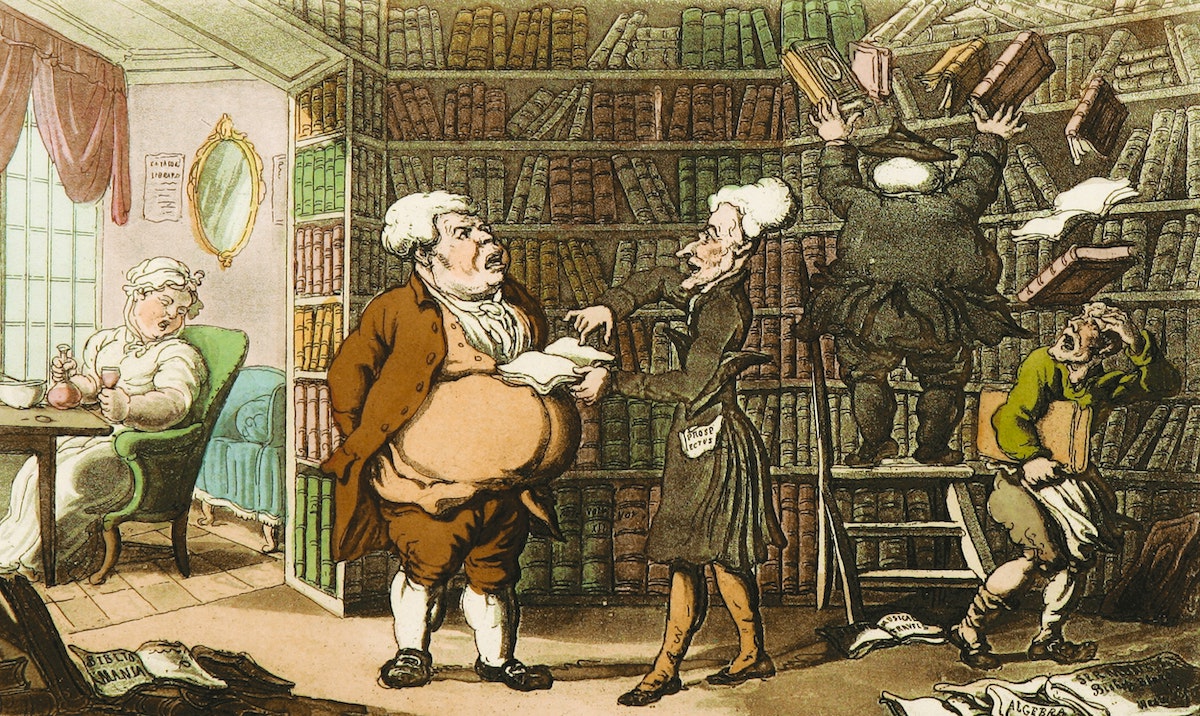Abstract As UK universities undergo unprecedented internationalisation, they are struggling to shape a plethora of cultural and social capitals into an educational environment that is fair and equitable for all. With existing concepts of social justice proving adequate, lecturers seek new interpretative models of inclusivity. This article questions whether present-day assessments somehow mirror the patriarchal …
Visualising transformative spaces for education: a focus on lecture halls, computer rooms and studios
Abstract One room, three learning spaces for creative education. This image-led investigation shows how a standard blank room can be effectively transformed into three different kinds of learning environments: a lecture hall, a computer room and a studio. Research has shown that effective design of teaching spaces is beneficial to the learning experience and contributes …
Reflecting on the inclusivity and accessibility of a learning space for textiles education
Abstract The aim of this reflection was to investigate the extent to which one of my teaching spaces is inclusive and accessible for my students that will be using it. With inclusivity and accessibility being increasingly discussed within a university setting, it felt important to look at the spaces I use when teaching my workshops …
The role of learning theories in the Illustration classroom
Abstract This essay reflects on the role of the main learning theories in the delivery of the illustration curriculum. Each theory is introduced by way of a brief summary. I then discuss its merits and / or drawbacks and show how it fits in with teaching illustration as a discipline. Having set the scene from …
Continue reading "The role of learning theories in the Illustration classroom"
Using the Alexander Framework to reflect on approaches to teaching
Abstract The Alexander Framework invites us to reflect on our underlying beliefs and assumptions about teaching and learning. In this article, Rebecca Fairley, Programme Leader for Textiles at the Open College of the Arts, provides an example of how the Alexander Framework can help educators achieve new perspectives on how they approach their teaching. Published …
Continue reading "Using the Alexander Framework to reflect on approaches to teaching"
Towards a new pedagogical mindset: digital technologies and learning theories
Abstract The aim of this article is to evaluate my underlying beliefs and assumptions about the use of technology to support learning. It takes the form of a series of paragraphs which interweave key learning theories with experiences of digital technology in the classroom towards reflecting on the impact these can have on the growth …
Continue reading "Towards a new pedagogical mindset: digital technologies and learning theories"
Critical digital pedagogy and the many faces of TEL
“Increasingly, the web is a space of politics, a social space, a professional space, a space of community. And, for better or worse, more and more of our learning is happening there. For many of us, it is becoming increasingly difficult to distinguish between our real selves and our virtual selves, and in fact, these …
Continue reading "Critical digital pedagogy and the many faces of TEL"
Could do better? Inclusion in higher education arts institutions (review)
Ray Martin highlights the sobering findings emerging from Kate Hatton's book on the state of inclusivity in arts higher education. Published on 11th March 2020 | Written by Ray Martin | Photo by Allie Smith on Unsplash ‘Art education has generally been conservative, repetitive and exclusive,’ says Kate Hatton, editor of Towards an Inclusive Arts …
Continue reading "Could do better? Inclusion in higher education arts institutions (review)"
Welcome to Issue 2
Welcome to the second edition of JUICE, the Journal of Useful Investigations in Creative Education. It is always a pleasure to write an editorial for a journal, because it involves drawing attention to the hard work of all the contributors. Preparing and submitting an article for any journal requires considerable time and effort, and contributors …
Discussions in online collaborative work, cohesion and learning in higher education (and cake)
Abstract Online collaboration is becoming an ever more prevalent and feasible option in education. As technological options and distance teaching methods improve, the value of using online platforms to teach, learn and collaborate is becoming increasingly recognised. This paper examines and reflects on its place and use in creative education. Using video-conferencing software Zoom, these …










